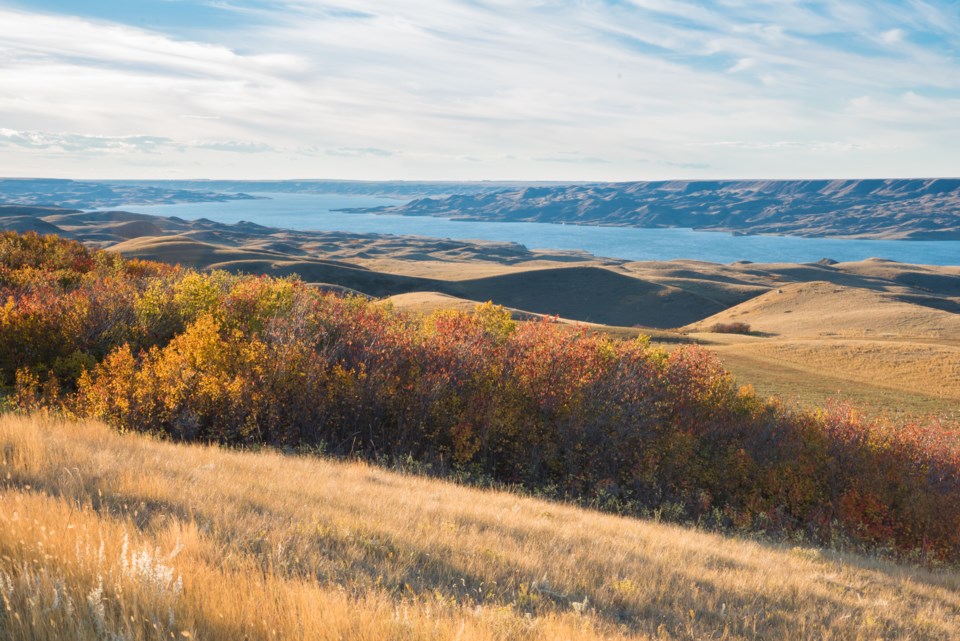REGINA — The Water Security Agency (WSA) provided an update on reservoir depth and water releases for the southeast in its 2023 Conditions at Freeze-up Report, issued Wednesday.
It shows lakes and reservoirs in the Souris River basin are expected to be at near-normal levels prior to the spring runoff in 2024.
Grant Devine Lake and Rafferty Reservoir are being drawn down to meet their Feb. 1 target elevations of 561 metres and 549.5 metres, respectively. Grant Devine currently has a release of 0.5 cubic metres per second, which is expected to continue into mid-January. Rafferty Reservoir currently has a release nearly two cubic metres per second that is expected to last until late January.
According to the WSA, beginning Feb. 1, 2024, spring runoff forecasts for the Souris River Basin will be prepared in consultation with partners in the U.S. for both reservoirs on a semi-monthly basis. The reservoirs may be drawn down further in advance of spring runoff if warranted by these forecasts, in accordance with the 1989 Canada-US Agreement on Water Supply and Flood Control in the Souris River Basin.
An early snowfall event occurred across much of southern and east-central Saskatchewan, including the southeast. This snowfall was followed by below-normal temperatures, leaving a lot of these areas snow covered.
The WSA says two runoff scenarios could emerge next year because of this precipitation, increased soil moisture or higher runoff flows. Snow surveys in February 2024 will help determine if the moisture will infiltrate into the soil or run off toward reservoirs.
The most recent precipitation, seen as both rain and snow, in early November is not captured in this report.
Hot and dry conditions throughout the summer and fall have led to most areas heading into the winter, with below to well-below-normal soil moisture. While some areas of the province experienced higher than normal spring runoff events due to an unusually fast spring thaw, the last half of the summer and early fall was drier than normal.
At this time, there are no areas where WSA believes that there is a heightened risk of above normal spring runoff in 2024. There is, however, concern of surface water supply issues in the southwest if winter snowfall is below average. In some cases, an above normal snowpack would be required to stave off extremely dry conditions.
The WSA issues the Conditions at Freeze up Report during the late fall/early winter period. Freeze-up conditions, in combination with the winter snowpack, becomes the initial base for the spring snowmelt runoff forecast. This report gives an early indication of areas that are more vulnerable to potentially above or below normal runoff in the spring.
It is not a spring runoff forecast, as winter snow accumulation is an integral component in the runoff yield during the melt and is impossible to predict at this juncture.
SASKTODAY.ca is Saskatchewan's home page. Bookmark us at this link.




